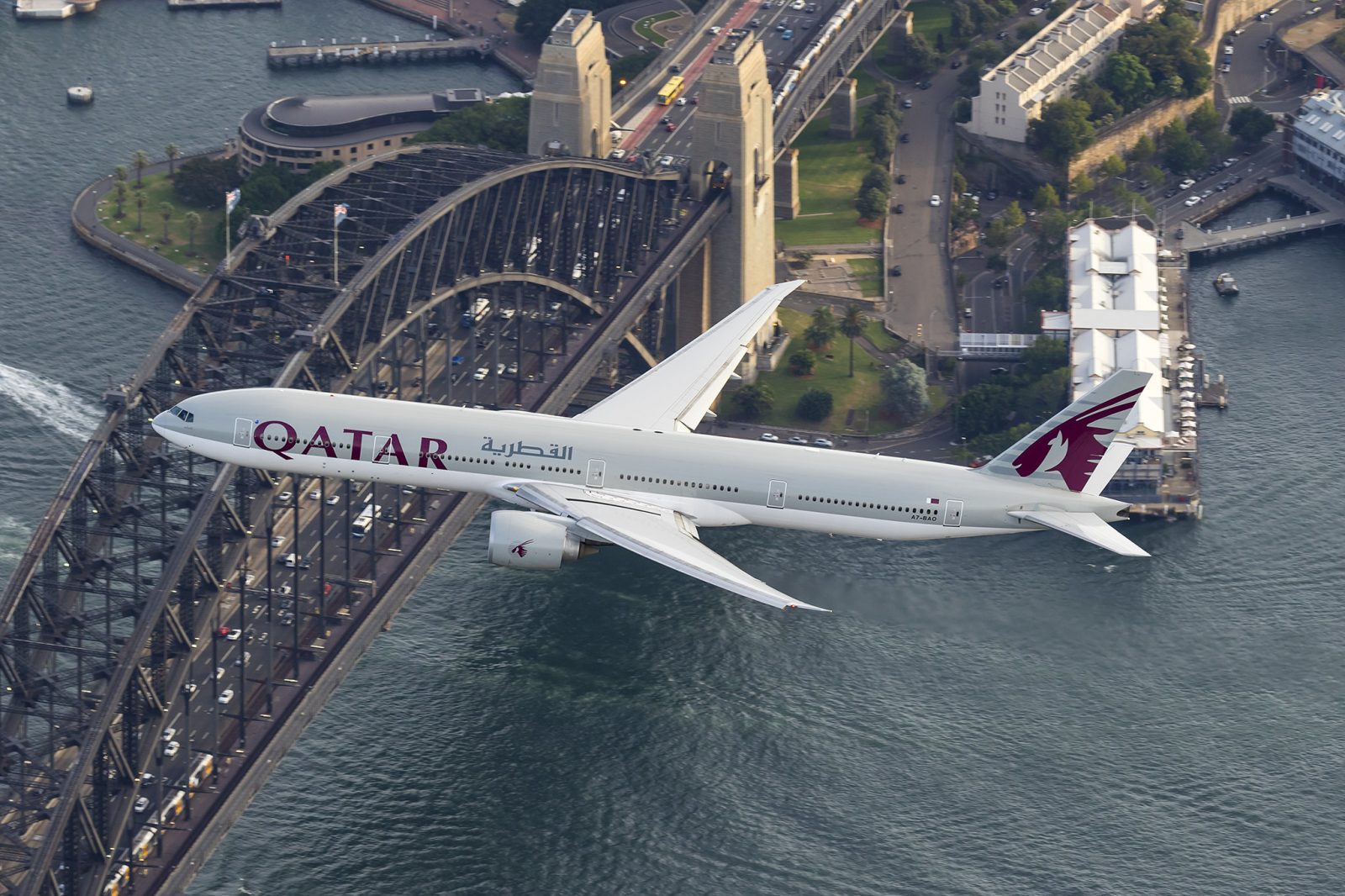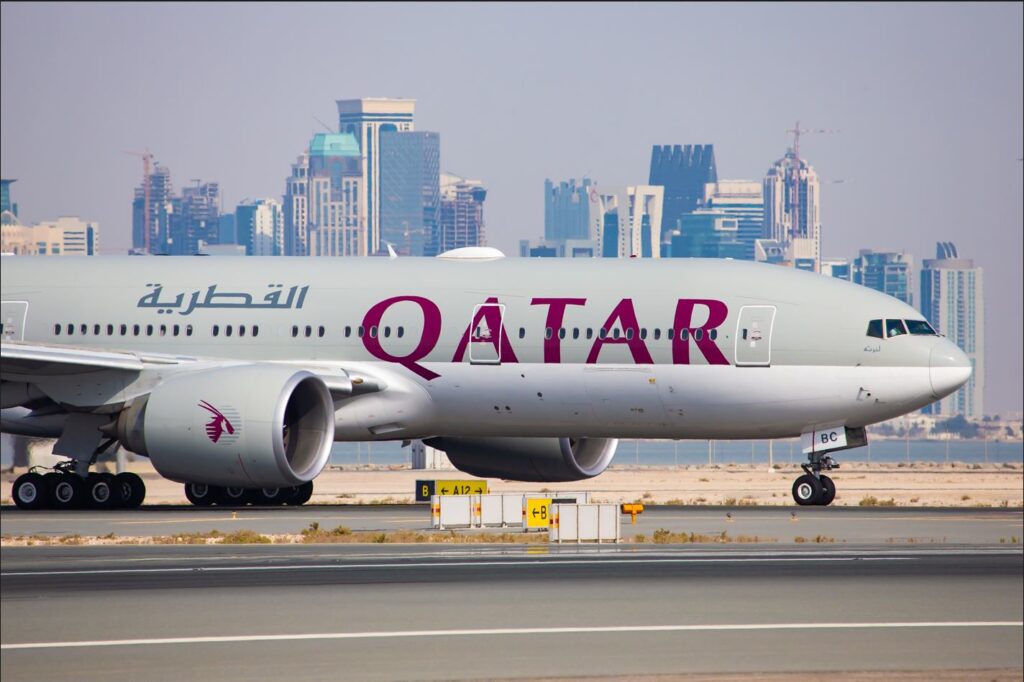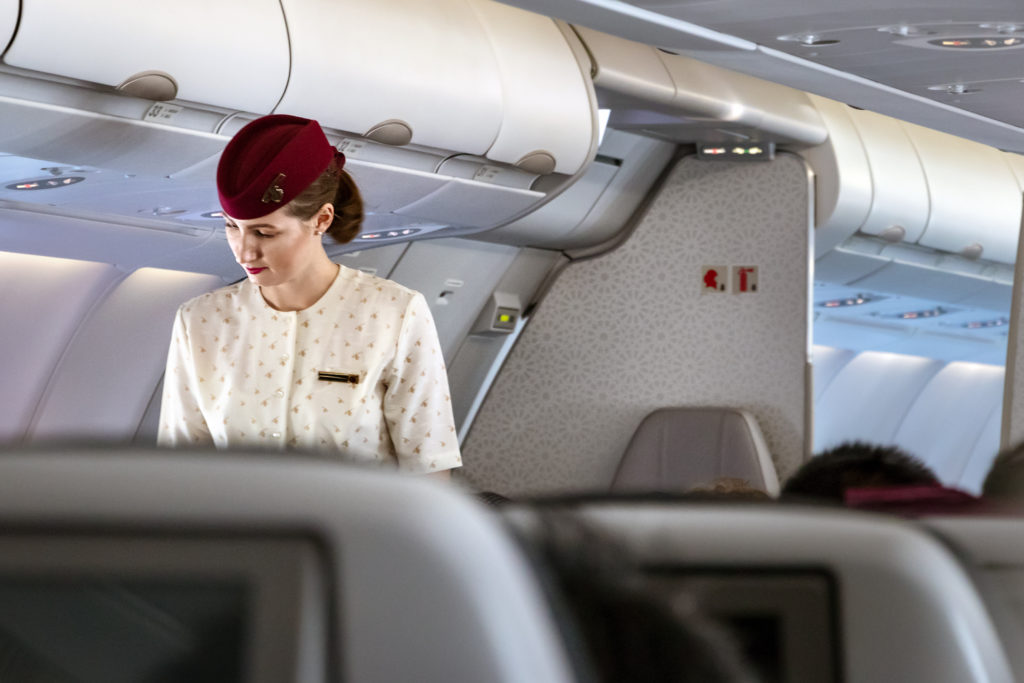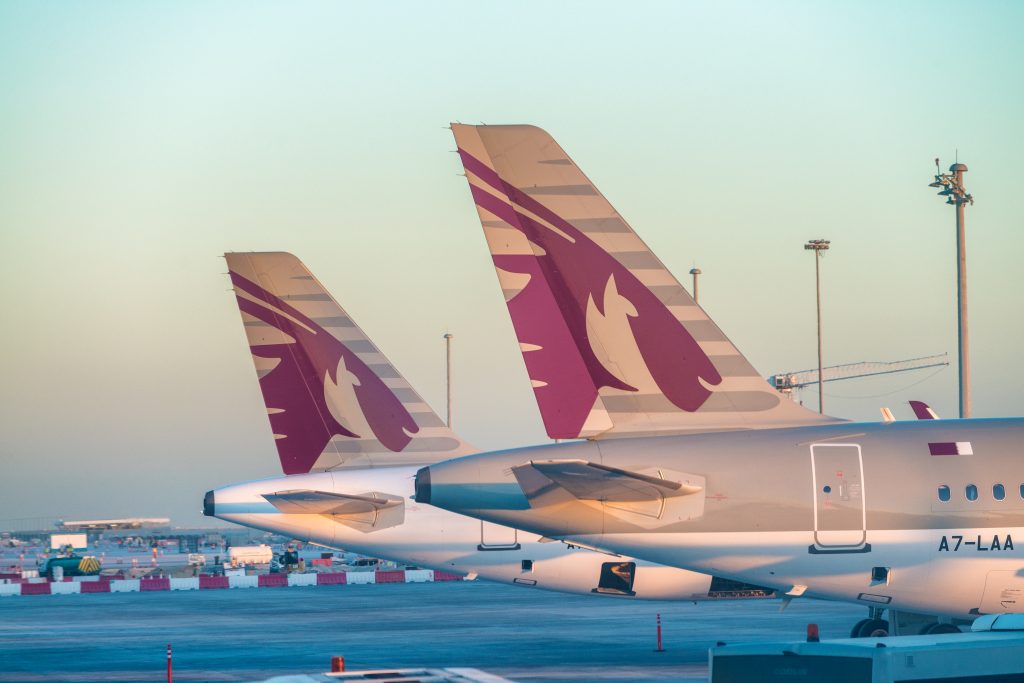
The recent decision by the Australian government to deny Qatar Airways extra landing rights to the country will cost AUD $1 billion annually in economic damage, according to Rico Merkert, a Professor in Transport and Supply Chain Management at the University of Sydney Business School.
Professor Merket says his ‘conservative’ estimate of the economic damage caused by the potentially illegal decision will hit Australia’s tourism industry the hardest, along with business travel, cargo and the ‘visiting friends and relatives’ market.

Under a bilateral flying services agreement between the Persian Gulf state of Qatar and Australia, Qatar Airways is currently permitted to operate up to 28 weekly flights between its Doha hub and Australia’s four largest international airports – Sydney, Melbourne, Brisbane and Perth.
Qatar Airways has maxed out this quota, but a recent bid to increase the limit by an additional 21 weekly flights was rebuffed by Transport Minister Catherine King, perhaps partly to protect the interests of Australian flag carrier Qantas.
Undeterred, Qatar Airways has found a partial loophole, allowing it to fly some additional flights to restricted airports like Melbourne by adding a tag flight to smaller airports like Adelaide, which aren’t included in the air services agreement.
For example, Qatar Airways has managed to add an additional daily flight to Melbourne because it is technically just a stop on the way to Adelaide, which can be served with an unrestricted number of flights.

The loophole isn’t, however, without controversy. The service between Melbourne and Adelaide has been described as a ‘ghost flight’ because so few passengers actually fly it. That could well be down to the fact that there is a six-hour overnight layover in Melbourne.
What makes this even worse is that Qatar Airways doesn’t have so-called fifth freedom flying rights in Australia, so it’s not allowed to sell tickets just for the domestic leg between Melbourne and Adelaide.
No doubt Qatar Airways was expecting slightly better treatment from the Australian government in return for the services it provided, at a not insignificant cost, during the pandemic.
While other airlines suspended international flights, including Qantas, at the height of the pandemic, Qatar Airways took a gamble and maintained its presence in the market. Qatar Airways became Australia’s defacto international airline in 2020, and CEO Akbar Al Baker made no secret of the fact that he hoped Australia would repay the airline with additional flying rights.

It turns out that Al Baker’s ambitious gamble was in vain.
“Unless there is some sort of hidden rationale, the decision to deny Qatar Airways extra flights seems inexplicable,” Professor Merkert wrote recently for a piece on The Conversation.
“By denying Qatar this opportunity (and denying many Australians the opportunity to travel to Europe via Doha), Australia has shown it is prepared to be ungracious and made it easier for other countries to treat it in the same fashion,” Professor Merkert continued.
Along with the potential diplomatic damage, the decision is also likely to cost the Australian economy as well, Professor Merkert argues. And it’s already costing consumers more.
Professor Merkert claims that capacity on the Kangaroo Route between Australia and Europe is currently running at 70% of pre-pandemic levels. That means that Qantas and its partner Emirates are currently able to charge passengers much more while competition remains restricted.
Qatar Airways has maintained a pretty dignified silence about the situation, although Al Baker will likely be seething over the apparent snub. In 2018, Qatar Airways threatened to quit the Oneworld alliance because of the way other airlines in the alliance were treating it.
Some of that was down to a now-settled dispute with American Airlines, as well as alleged lobbying conducted by Qantas to deny Qatar Airways additional landing slots in Australia.
Mateusz Maszczynski honed his skills as an international flight attendant at the most prominent airline in the Middle East and has been flying ever since... most recently for a well known European airline. Matt is passionate about the aviation industry and has become an expert in passenger experience and human-centric stories. Always keeping an ear close to the ground, Matt's industry insights, analysis and news coverage is frequently relied upon by some of the biggest names in journalism.







